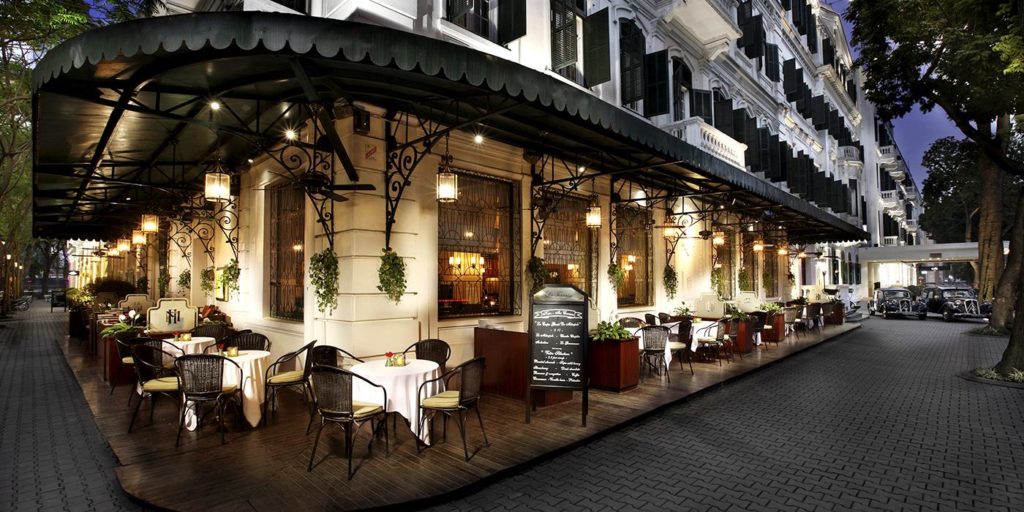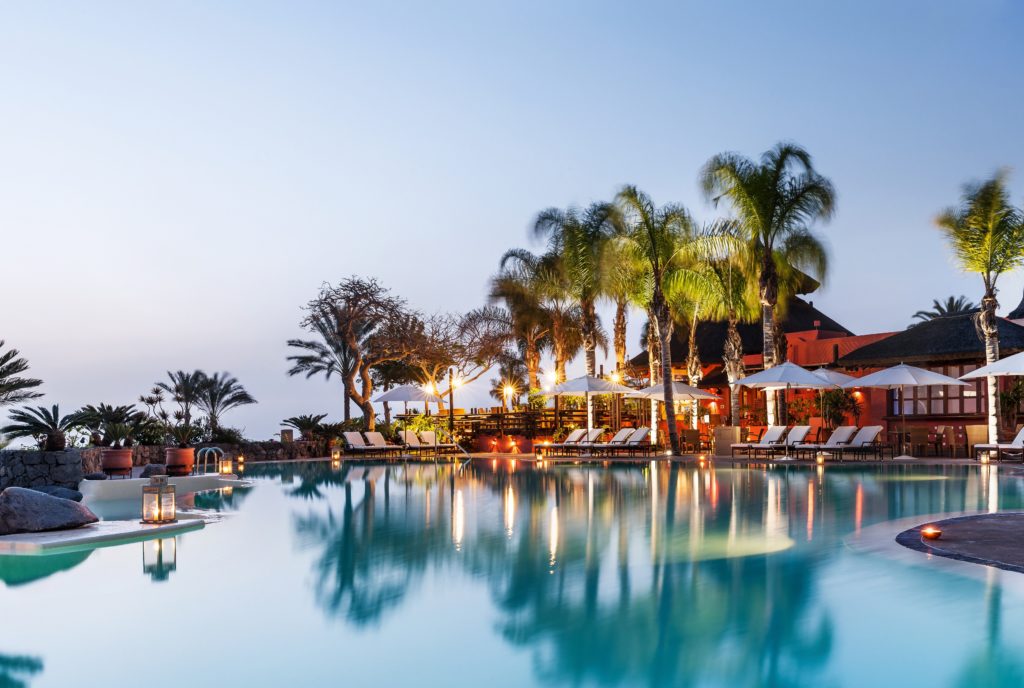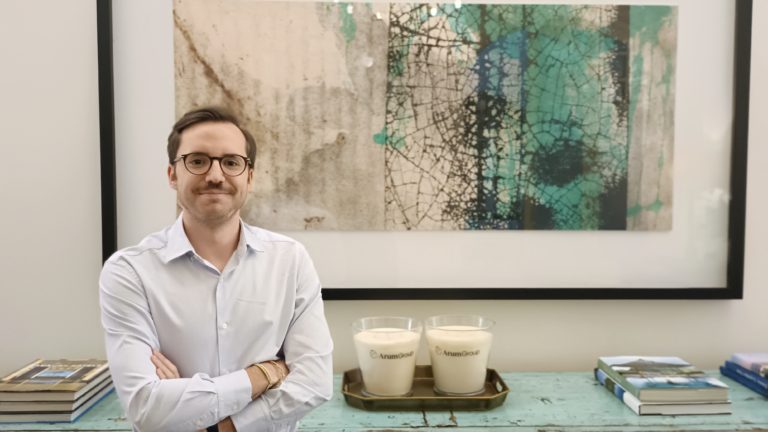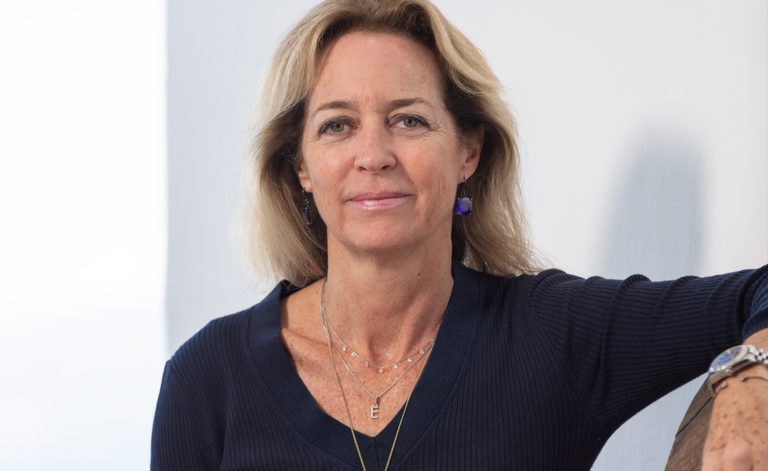
The impact of the pandemic is generating great opportunities in the Iberian market (Spain and Portugal) for top brands like Hyatt, Accor, and Marriott International. These opportunities are being seen across all areas, including urban accommodation, resorts, tourism destinations, and even in real estate through products like Branded Residences. Differentiation and capturing local markets is key, according to these companies, in the post-pandemic context.
In a webinar organized by Arum Group, the tourism sector makes it clear that advances in vaccination campaigns and the opening of safe travel corridors are expected to produce great demand for the destinations of Spain and Portugal, and that links to international operators are ever-more valued.
Spain and Portugal are currently offering great opportunities for international hotel chains. Over the past few months, there has been a substantial increase in interest from hotels, the majority of them independent, in these two countries in signing association, franchising, or management agreements that give them access to the established standards and global networks of international brands. It offers them an avenue through which to face a post-Covid context that, while still uncertain, promises to deliver returns in the Iberian market, which is well positioned in terms of its vaccination advancement and adaptation to this new reality.
This perspective was confirmed yesterday by several international operators during the “Hotel Operators’ Iberian Challenge” webinar, organized by Arum Group. The event brought together three of the top business development executives for Spain and Portugal from Marriott International, Hyatt, and Accorhotels.
The representatives from the three chains declared that after a complicated year that froze the tourism sector, there is a firm conviction that their brands’ traditional clients “are awaiting the green light to resume travel with safety guarantees and enthusiasm.” This possibility is moving ever closer as the percentage of the vaccinated population grows and safe airline travel corridors are established. Unlike the 2008 crisis, the crisis caused by the pandemic has not left investors without funds; it has simply slowed a great number of operations that are slowly rematerializing and developing.
The CEO of Arum Group, Jesús Abellán, made it clear during his introduction of the speakers that this is a “very interesting” moment for the entire hotel industry in Spain and Portugal. The pandemic has broken down the old paradigm that these two countries were a special case in the hotel development world, with the majority of hotels in independent hands and offering little margin for action for international operators.
Now, many hotel owners are seeing the advantages of signing conversion, franchising or management agreements with major international chains, which opens the door to integration into a global network of clients and improves their ability to compete in a sector that has suffered greatly from the freezing of the tourism industry. The principal concern of owners that approach these large chains is brand delivery: the ability to convincingly provide the elements of brand identity that have secured customer loyalty for these chains. Conversion of the hotel can offer clients something new, but there is a non-trivial process required to achieve this objective.
The webinar was moderated by Wilke See-Tho, Managing Director of Qverum and Strategic Partner at Tattoo Strategy, and included Jérôme Lassara, VP for Development for Southern Europe for Accorhotels; Nuno Galvao Pinto, Regional VP of Development & Acquisitions for Hyatt Hotels Corporation; and Edgar Ollé, Development Director for Spain and Portugal for Marriott International.
The three speakers expressed that the post-Covid scenario is requiring operators to be “flexible” in order to take advantage of these opportunities, both in the diversity of the brand portfolio that each operator can offer, as well as in the gradual adaptation of these new hotels to their standards and even in the financing arrangements for the operations.

As an example, Jérôme Lassara explained that Accor has a portfolio of 42 brands that allows them to offer different solutions and platforms for the incorporation of new assets into their list of establishments. But all three executives stated that there are still lines that will not be crossed, such as the decision not to franchise their top luxury brands.
URBAN AND LIFESTYLE HOTELS
The experts in the webinar organized by Arum Group also agreed that the pandemic will produce important changes in niches such as urban hotels. Lassara explained that Accor has invested a lot of money in its urban establishments, believing that, henceforth, hotels should focus 60% of their activity on traditional accommodations, but 40% of their capacity should be dedicated to capturing local clients, like coworking spaces or activities that consolidate urban hotels as hubs of local activity and leisure.
To this point, Nuno Galvao Pinto, of Hyatt, agreed that in the urban hotel sector, “people seek ever-better experiences,” and this is increasing the demand for “collection brands”, which guarantee extremely high standards for clients and turn their stays into highly personal, pleasurable experiences.
The Hyatt executive also stated that, under this understanding, his company is working now to establish its “lifestyle” brands in middle-sized Spanish and Portuguese cities in which they were not formerly present, such as Porto, Sevilla, Marbella, San Sebastián, Valencia, and Granada. The possibility for an independent local hotel to “convert” itself into a known brand is very attractive, said Galvao Pinto, “because they can gain access to the distribution of a global player without losing their identity.”
GROWTH OF SECOND RESIDENCES
The pandemic, the lockdown, and the new health paradigms have also raised expectations in the luxury second-homes market, especially Branded Residences. Edgar Ollé, of Marriott, revealed that they already have a team dedicated solely to this kind of project in Spain and Portugal, both for second residences in resorts and for Branded Residences located in cities, where there is also good potential for growth.
As an example, Accor’s Jérôme Lassara cited the real estate development at Sotogrande, where the traditional investor has leaned towards residential through branded villas, but his company has worked towards creating a hotel that can act as “the hub of the residential development” and an attractive element that facilitates the introduction to the resort.
If you missed the webinar, you can access it at the following link:
https://info.arumgroup.es/watch-the-presentation-arum-group-hotel-operators



